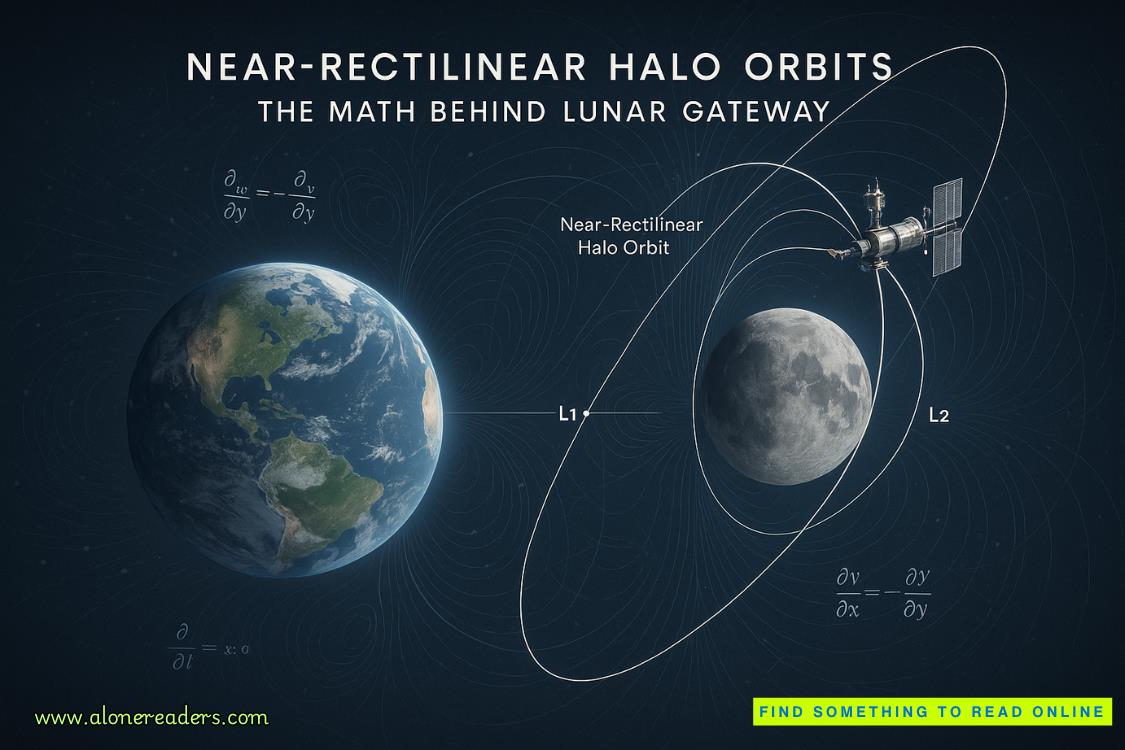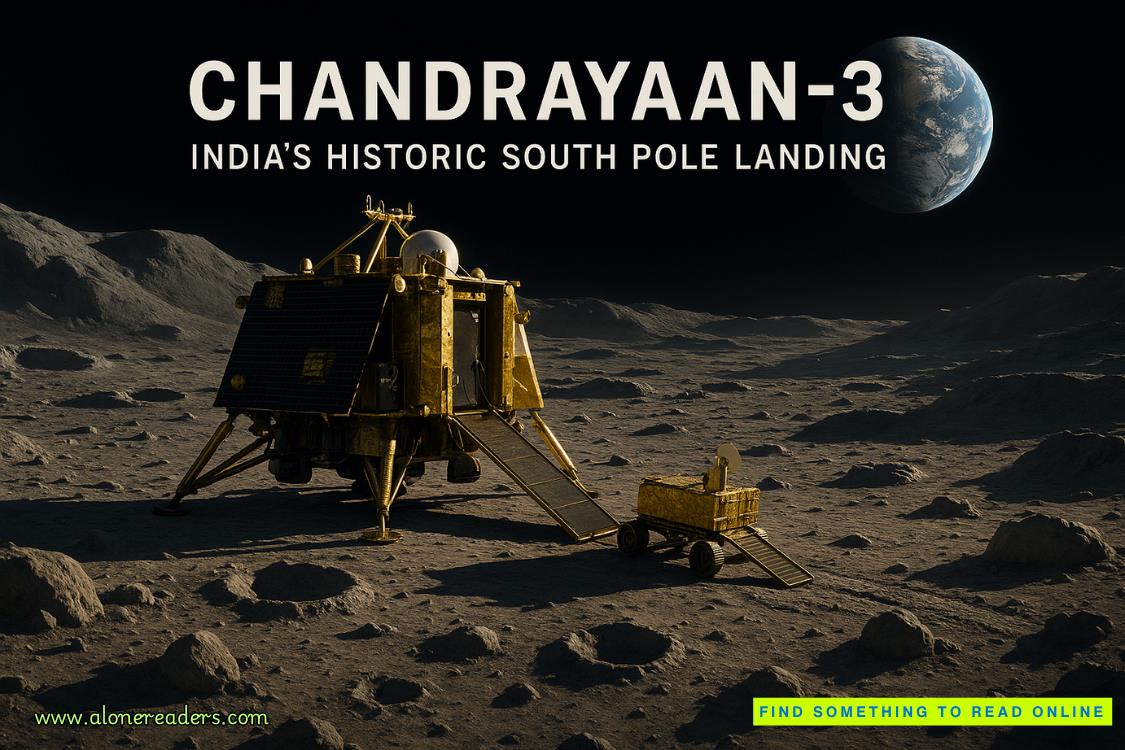Page 75 of Earth Afire (The First Formic War 2)
"You've got to be an insane pilot to take a job like that," said Calinga. "Winds in the mountains. The constant threat of storms. Big cargo planes. That's asking for a nosedive into a mountainside."
"That will work to our advantage," said Wit.
Calinga made a face. "How you figure?"
"A pilot who takes a job like that is interested in one thing only. Money. And money we have."
They drove into Srinagar and found a warehouse where they could store their trucks and supplies. Wit had the men lock up everything tight, though he doubted he would ever see any of the equipment again. His men were all in fatigues, which pegged them as soldiers. The trucks were clearly military as well. Which meant they were probably filled with valuable tech. Guns almost certainly. And military weapons on the black market would catch a very good price in Srinagar. Pakistan was only a hop, skip, and a jump away. Afghanistan wasn't much farther. Ten to one, thought Wit, the owner of this warehouse will have a burglary in the next few days, a burglary he secretly arranges himself for a decent cut of the profits.
But what could Wit do? If they approached the border as soldiers, they had zero chance of getting through.
They left the warehouse carrying only personal items in their pockets: holopads, passports, radio communicators, sat receivers. Small items. Inconspicuous.
They walked to a street market nearby and looked for clothes. Merchants shouted to them, offering their wares and promising incredible prices. Fruit, fish, jewelry, pirated music. Wit walked on, ignoring them.
They found a merchant selling men's clothing, but the designs were all wrong. Too small and too festive. The merchant held up a bright, shimmering pair of pants and a multicolored kurta. Wit forced a smile. If he and his men showed up at a Chinese border wearing that, they'd be mistaken for a troupe of acrobats.
"We need plain clothes," said Wit.
The merchant smiled and held up a finger. "Ah. Plain. These are too flashy for you, yes? Perhaps this is more to your liking." He pulled down a bright yellow kurta that hung down to Wit's knees and hurt his eyes.
"Not my style," said Wit. "Is there a dry cleaners near here?"
The merchant's smile vanished--Wit was no longer a potential sale. The merchant cocked a thumb down the street then turned his attention to someone else. Wit and his men pushed on. As they left the market, people began to stare. Mothers grabbed their children and pulled them out of the street. Pedestrians stopped and watched them with narrow eyes. Old men scowled.
"Not the friendliest of neighborhoods," said Calinga.
"We look like soldiers," said Wit. "Merchants love us because soldiers have money. Civilians like soldiers as much as they like a hole in the head, which is what soldiers in this region of the world sometimes give."
"Why a dry cleaners?" asked Calinga.
"Clothes obviously," said Wit. "And more importantly used clothes."
"We can't buy other people's clothes," said Calinga.
"You can buy anything if you've got the money for it," said Wit. "But we might not have to buy other people's clothes. Cleaners have unclaimed stuff, too. Shirts and pants people forgot they sent there or didn't pick up. And we're close to the university. So we've got a better chance of finding something functional."
They found the dry cleaners two blocks later. The owner was a small man sitting behind the counter, watching a sat feed of the landers in China. He heard the door ring as Wit and the men entered, but he didn't look up from the monitor. He was riveted.
Wit waited a moment, then cleared his throat. The man looked up at them, took in their number and size, and his eyes widened in surprise.
"We need clothes," said Wit. "For forty men. Mostly big sizes. Warm and comfortable. With lots of pockets, preferably. We'll pay well and we'll throw in the uniforms we're wearing. A nice trade. Probably the best sale you'll make this year. You could probably shut the place down for a week after we leave and still come out ahead. That is, assuming you have what we need."
The man had plenty. A whole storage room full. There were unclaimed items, yes, but new items as well. Smuggled stuff. A lot of Chinese knockoffs. Thick cargo pants with plenty of pockets, cotton undershirts, socks, heavy wool shirts, knit caps. Wit even found a baseball cap for a Major League team back in the States. Wit hated baseball--one guy throws a ball, one guy swings, and twenty other guys stand around watching and spitting--but the cap was precisely the type of thing a civilian would wear.
They were careful to mix up the wardrobe. Matching civilian clothes could look like uniforms too. So not everyone wore cargo pants, and those who did wore different colors, black or khaki or navy. Their shirts were different too. Similar, but not identical.
Wit paid the man in full and threw in a healthy tip. He and the men then changed and left their uniforms in a pile back in the storage room. Wit then split the men into ten groups of four and had them take different routes to the rail station. He had no worries about being seen in India--he had every authorization to be here. But now everyone around them was a potential fellow traveler to Pakistan, and suspicious passengers were likely to alert authorities, which Wit wanted to avoid at all costs.
They set out. Wit left with Calinga, Deen, and Lobo, and they got no suspicious looks whatsoever on the way.
They bought their tickets in their small groups and took the first train heading west into Pakistan, all ten of the four-men groups taking separate cars on the train. No one paid them any attention. Everyone on the train was watching news feeds from China on their holopads.
Wit pulled out his own holopad and dug around on the net until he found recent footage from China. It was more video from the first aircraft on the scene.
Wit watched. The constantly moving camera from the underside of the aircraft was a little nauseating, however, and Wit was about to abandon it and look for other footage from another source, when something on screen caught his eye. He tapped the screen and rewound the video. The aircraft was setting down and attempting a rescue. A soldier was out, pulling someone from the mudslide. A small child, a boy perhaps. The soldier had him in his arms and was moving back toward the aircraft. For only a few seconds, the soldier's face came into view. Wit froze the video and showed the image to Calinga, seated beside him. "Look familiar?"
"That's the Maori," said Calinga. "The one we tested."















